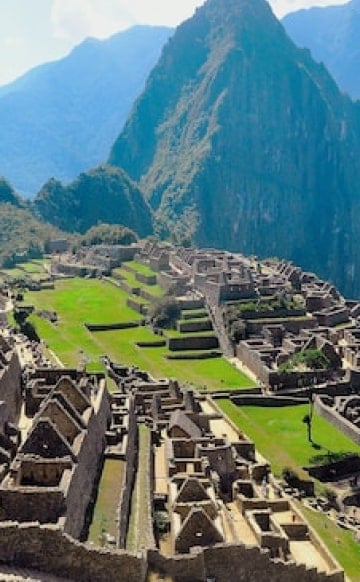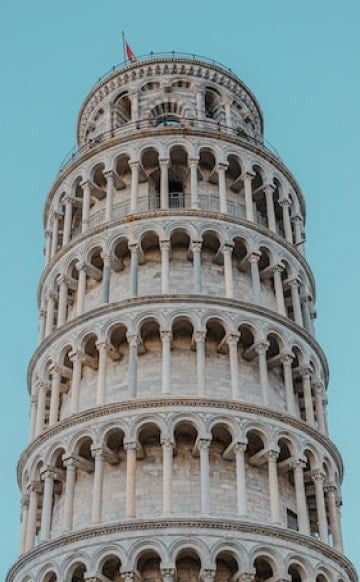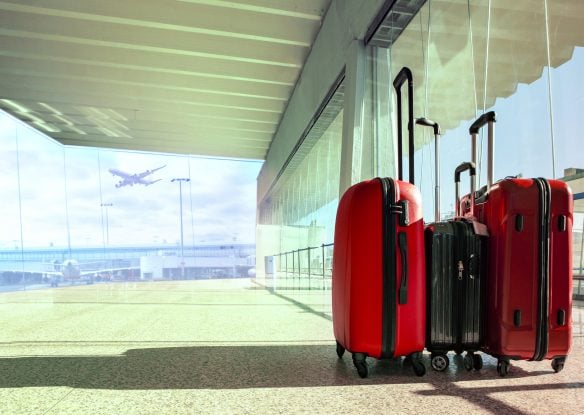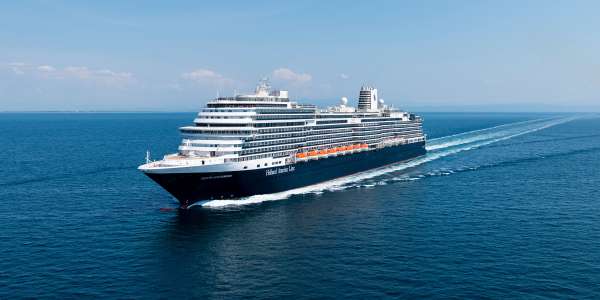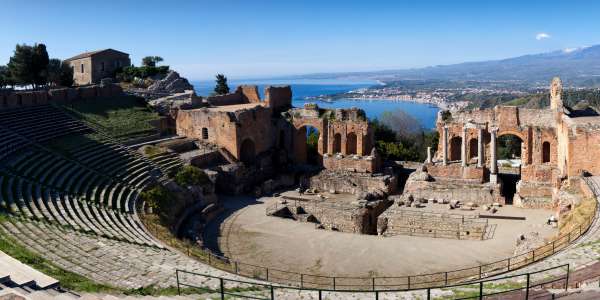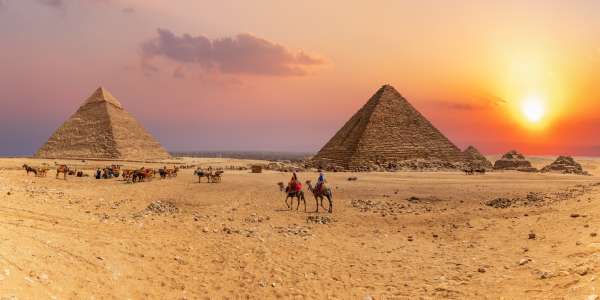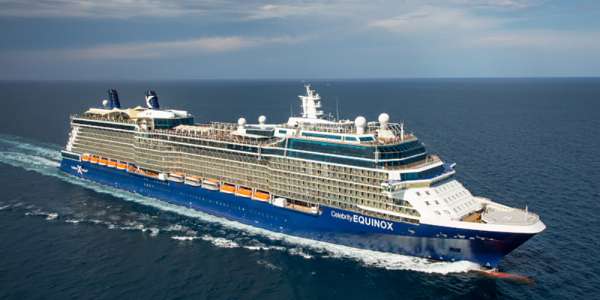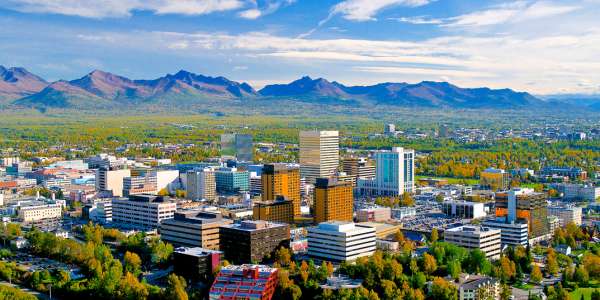In a landmark event 182 years ago on a balmy Monday, July 5, Thomas Cook, the pioneer of international travel agencies, launched his inaugural vacation package. At the height of the Industrial Revolution, 1841, Cook charted a path to transform travel forever. He ushered nearly 500 individuals onto a train, launching them on an excursion unlike any other of its time.
This modestly priced adventure was Cook’s opening act in the travel sector he would revolutionize, setting the stage for the global phenomenon that is the tourism industry today.
Similarly, the groundbreaking Artificial Intelligence (AI) model, GPT-4, developed by OpenAI, holds the potential to script a parallel transformation of the travel sector. Just as Cook pioneered hundreds on an unprecedented journey, so too does AI have the capacity to guide travelers into new realms of exploration.
Online travel platforms utilize GPT-4 to create custom travel itineraries, locate deals, and offer destination insights, heralding a new AI-driven travel revolution reminiscent of Cook’s industry-transforming work during the Industrial Revolution. This disruption to traditional norms and total reshaping of travel experiences could redefine tourism entirely, suggesting a future in which the industry isn’t just influenced but wholly defined by AI.
This article provides an overview of the potential impact of AI in the travel industry. Here is a breakdown of everything you will learn on this page:
- AI in the Context of Travel
- AI Integrates Into Your Travels
- AI Transforms Your Travel Planning
- AI and Your Concerns as a Traveler
- AI is Planning Your Travel Anyway
Also, check out my latest AI travel planning FAQ to see if using AI to plan your next trip is a good idea.

AI in the Context of Travel
Nearly two centuries from Cook’s humble beginnings, Leapfroging past the groundbreaking inventions that forever changed how we traverse the globe — the automobile and the airplane; glide past the expansion of the middle class, a pivotal player in the evolution of travel. Glance over the arduous process of travel planning characterized by countless hours of research, endless phone calls, and manual bookings.
Land in the latter part of the 20th century, circa 1996. Here, the tech giant Microsoft launched a small, soon-to-be monumental division named Expedia. This venture laid the foundation for the first significant online travel agency (OTA), making waves in the travel world. It came hot on the heels of Travelocity. The revolutionary platform was the first OTA enabling travelers to secure their tickets online, eliminating human intervention and setting the stage for the next big travel planning revolution — artificial intelligence.
Little known to the world and ten years before Expedia, Geoffery Hinton, who is frequently dubbed the ‘Godfather of AI,’ together with fellow scientists David Rumelhart and Ronald J. Williams – penned a revolutionary paper in 1986. Their work unveiled the mathematical algorithm of backpropagation, a crucial breakthrough for artificial neural networks (ANN), a subset of artificial intelligence (AI). This innovation breathed life into theoretical ideas initially floated in the 1940s, empowering ANNs to understand and learn from complex data in a dramatically improved fashion.
AI advancements made steady progress for the next two and a half decades. Then the 2010s marked a turning point, witnessing significant advances that catapulted the technology into practical use. The period was characterized by a fierce race for AI adoption, with the travel industry vigorously participating.

AI Integrates Into Your Travels
Although the use of AI in travel planning and booking dates back to the 1990s, albeit in its most rudimentary forms, the 2010s brought a remarkable transformation. The aviation industry began employing more sophisticated machine-learning models in various operations spanning maintenance, engineering, supply chains, and customer service via chatbots.
Meanwhile, the hospitality industry also experimented with AI, integrating AI-powered chatbots into their customer service operations and equipping their premises with automated, AI-powered service kiosks. However, many hotel executives will be the first to tell you that the industry lagged in such adoption.
OTAs and travel metasearch platforms also seized the promise of emerging technologies, integrating more artificial intelligence into their workflows. TripAdvisor made a strategic shift, leveraging AI to run sentiment analyses on its labyrinth of review data. Expedia and KAYAK embarked on pioneering experiments with Natural Language Processing (NLP), aiming to bolster their search functionalities. Simultaneously, Booking.com plugged into the chatbot arena, harnessing the power of AI and then later using it to improve user experience on the platform.
The onset of the new decade signaled a cascade of AI innovations within the travel sector. In a first-of-its-kind initiative in 2021, Alaska Airlines harnessed the power of AI for flight control, setting a new precedent in the aviation industry.
In parallel, hotels, airlines, and various booking platforms began exploring hyperdynamic pricing in the 2020s, underpinned by advanced AI systems, marking a shift towards more intelligent and responsive pricing strategies.
The AI-driven online travel agency, Hopper, emerged as a game-changer among these innovators. Since its launch in 2015, Hopper’s exponential growth saw its app surpassing 15 million downloads by 2021. The key to its success? Hopper harnessed proprietary machine-learning algorithms capable of accurately forecasting customer intentions, highlighting the pivotal role of AI in revolutionizing the landscape of the travel industry.

AI Transforms Your Travel Planning
On November 30, 2022, the landscape of artificial intelligence underwent a paradigm shift when OpenAI, bolstered by a significant investment from tech titan Microsoft, unveiled ChatGPT to the public. This innovative move extended the reach of Natural Language Processing (NLP), offering its formidable capabilities free of charge and without the need for any prerequisite expertise.
Much like Microsoft’s trailblazing launch of Expedia in 1996, this democratization of AI presents a compelling potential to revolutionize the travel industry anew, thereby recasting the tech giant’s influential role in the transformation of the travel sector. As such, Microsoft’s strategic investment in OpenAI again proves its ability to reshape the travel landscape, echoing the tectonic shifts spurred by the Expedia-OTA revolution and demonstrating its capability as a kingmaker in the industry.
The dynamics of AI adoption took a seismic shift post-November 2022. What was a race turned into a mad dash, with industries worldwide capitalizing on the innovative technology. Unsurprisingly, the travel sector held its position at the vanguard of this revolutionary wave.
In a swift turn of events three months after the public unveiling of GPT, the Expedia Group made a groundbreaking move. On March 23, 2023, they launched a ChatGPT plugin that equips travelers to engage in free-flowing travel planning conversations with a robot assistant. The AI provides tailored recommendations for destinations, accommodations, attractions, and activities available through Expedia’s Application Programming Interface (API).
In a move that continued the theatrics of a competitive rivalry, KAYAK responded on the same day in March by launching its own ChatGPT plugin. This swift action offered travelers an experience on par with the Expedia GPT plugin, effectively elevating the game in the travel industry.
Barely two weeks later, Expedia took its innovation game up a notch, integrating ChatGPT into its app via a smooth dueling API integration. This further integration allowed anyone to plan a vacation using GPT and Expedia interchangeably, irrespective of whether they initiated the process on the Expedia app or via ChatGPT on the web. Additionally, the GPT-integrated Expedia app ensured no suggestions slipped through the cracks by keeping a record of conversations, noting hotel references, and promptly saving them to the user’s trip page.

AI and Your Concerns as a Traveler
Despite the rising tide of AI-enabled travel planning tools, traveler approval is lagging. A National Research Group survey in May unveiled a striking finding: 81% of travelers are wary of relying on AI at all to plan a trip right now, saying they would want to double-check all the information given to them by an AI before making any decisions about travel whatsoever.
A significant 51% express anxiety over the potential inadequacy of these AI-powered tools in protecting their data. Further, 54% suspect AI might either negatively affect or make no impact at all on their travel experience, signifying a widespread air of caution and scrutiny when adopting AI for travel planning.
According to the study, AI-assisted travel planning currently occupies a niche segment, with a mere 6% of US travelers exploiting this technology to plan trips. However, amongst this modest fraction, a robust 49% praised AI’s effectiveness, bringing it neck-and-neck with online travel review sites, which received a 54% effectiveness approval rating from participants in the survey.
Despite the digital shift, a vast majority continue to rely on traditional methods such as online search engines (73%) and app-based booking services (57%) for vacation planning. These time-tested resources score a high approval rating, with 60% of travelers frequently finding these platforms very effective, crowning them as the most favored travel planning tools in the survey as of May 2023.

AI is Planning Your Travel Anyway
Even as the debate around AI’s role in travel planning continues, it’s worth noting that AI is already subtly integrating into the fabric of these long-standing tools. Google, a resource on which 73% of travelers depend, is on the cusp of a seismic shift, ushering in one of its most substantial transformations – the introduction of generative AI search results — Google calls Search Generative Experience (SGE) — for early-access users.
This extreme move positions ChatGPT-like outcomes at the top of search results, bolstered by links to the three most relied-upon sources that feed into its response. As it stands, app-based booking services such as Expedia and KAYAK – platforms relied upon by 57% of travelers – have already welcomed generative AI into their operational fold. Should travelers maintain reliance on search engines, booking apps and review sites, and should these platforms continue to incorporate AI-powered outputs into their interfaces, the path is paved for generative AI.
Travel discovery and review sites are beginning to experiment with AI, which plays a substantial role in populating non-AI-generated Google search results. Trips to Discover recently utilized large language models to analyze customer attitudes and feelings toward critically acclaimed restaurants. Even Insider, another publisher of top-ranking travel content, was among the first newsrooms to announce their foray into generative AI experimentation in journalism.
Given these trajectories, it’s only a matter of time before this groundbreaking technology becomes integral to your travel planning. Regardless of whether you actively embrace these new tools directly, the impact of AI on your travels is already unfolding in subtle yet significant ways.

